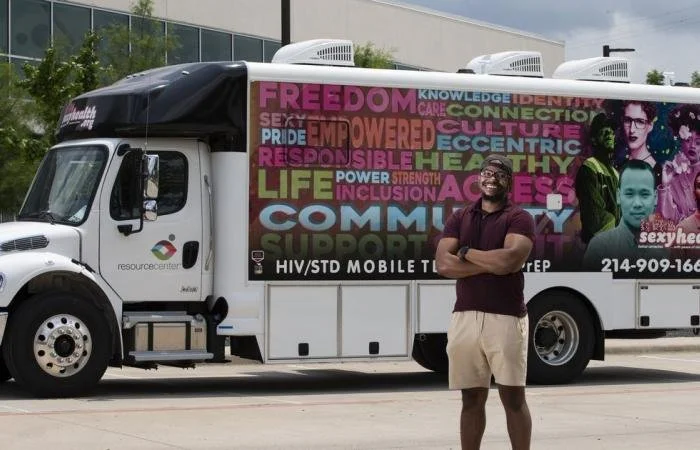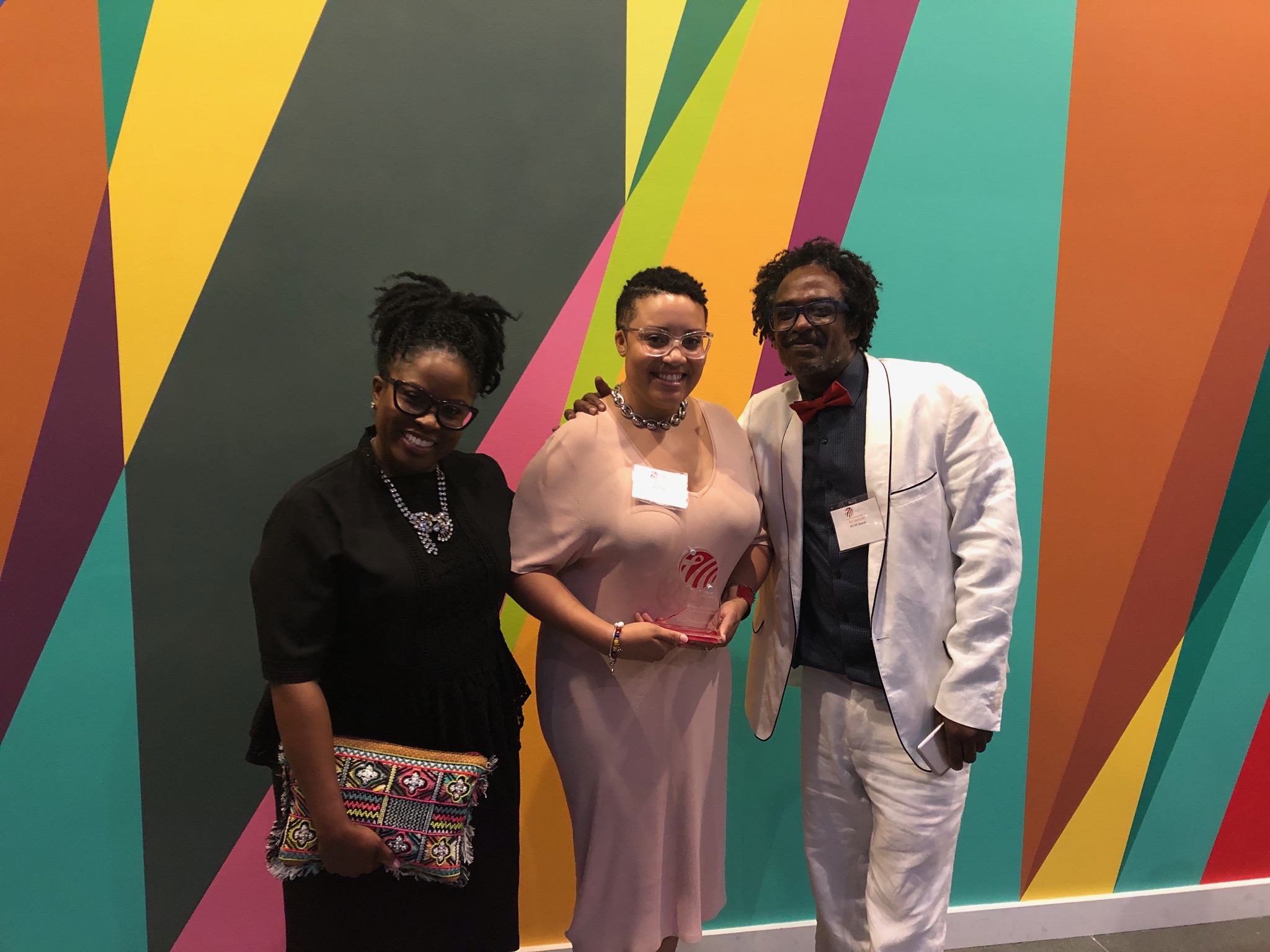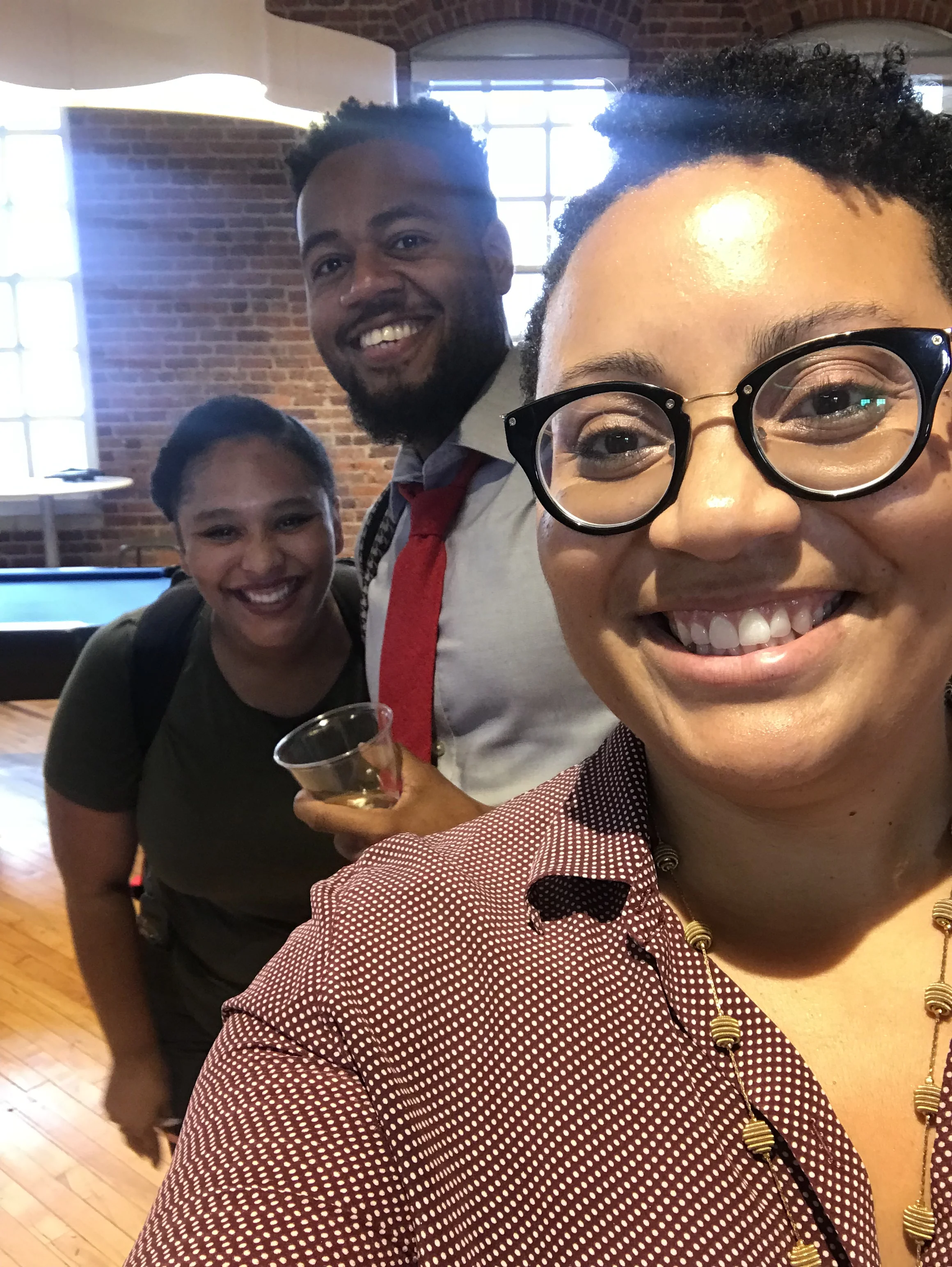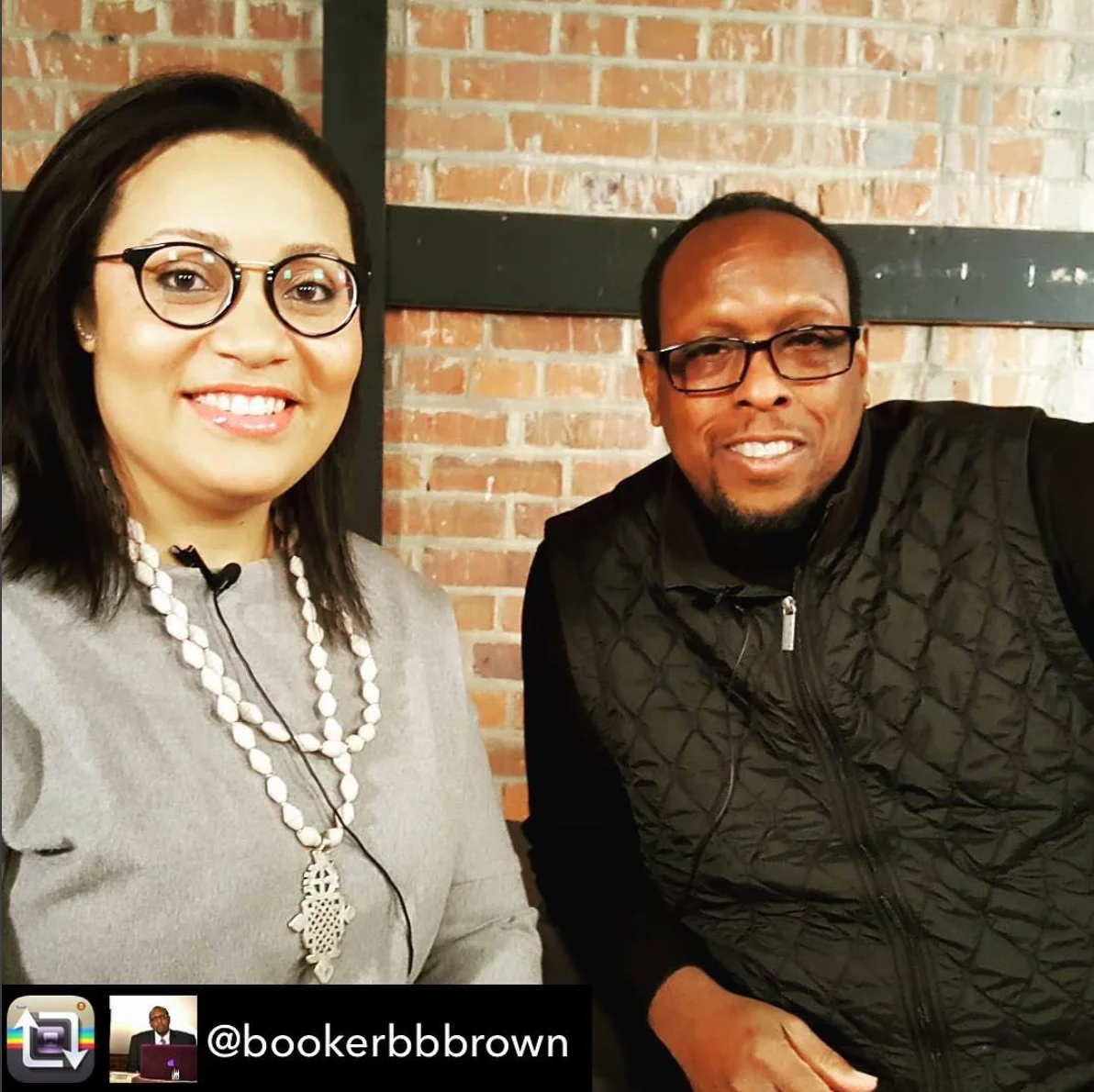A lot of startup advisors will tell you that you need thousands of dollars to get a company off the ground. Yes, that is true! But I don't want you to get intimidated by the thought of having to raise thousands of dollars just to get started. There are many things you can do to get started without the initial investment funds. When I started Community Expert Solutions in 2017, my business partners and I had no money.
No, really. No. Money.
I was in my second year of my postdoctoral fellowship, one of my business partners was working in a low-wage job at an HIV clinic, and my other business partner was jumping from one grant-funded project to another. Luckily, one of my mentors put her trust in me to hire me to build a website for $1500 and I used that initial money to start the business. Along the way, I spent my free time watching YouTube videos and reading articles from the Small Business Administration's website on the best practices and necessary documents to start a business. As we met to develop our first project, my business partners and I wrote out our business plan and set up strategic meetings with people in our networks to get feedback on the business plan and ideas for fundraising.
While many in the startup world talk about investments, we made an intentional decision to avoid dilutive investment as long as possible because we were cautious about taking on debt in our first year as a company or scaling too fast without the experience and infrastructure to handle the growth.
We were fortunate enough to be connected to a developer who was also a UNC Alum and passionate about using his skills as an engineer to address health inequities and a lawyer who provided legal advice and services pro bono. We applied to incubator and accelerator programs to gain access to mentorship and expand our knowledge about how to run a successful, health technology business. While we were not accepted to all of the programs we applied to, we became finalists for Arlan Hamilton's Backstage Capital and Techstar’s MetLife Insurance's accelerator programs. Eventually, we were accepted into CED-NC's Venture Mentoring Service and Innovate Durham's small business pilot program, which enabled us to work with Durham County Health Department to gain insights into the process of serving people living with HIV so that we could refine the plans for our health tech platform. We also applied to and were awarded a micro seed grant from NC Idea. To be sure, my background as a researcher and grant writer helped us advance in each of these endeavors. We also participated in the Black Wall Street Homecoming's Pitch Please! Competition and won $5000 as the first place winners.
In addition to competitive fundraising, we hosted a series of community events, like Trap Bingo Night, which helped us raise funds. All in all, our first year yielded a total of $70,000 in non-dilutive funding, which covered the development of a minimal viable product, marketing research, developing branded materials, and establishing partnerships with several healthcare and business institutions. The pathway to a startup business is different for everyone, but I hope our story shows you that there are a lot of resources available for people who want to start companies with little to no capital. I am here to tell you that it can be done!

















